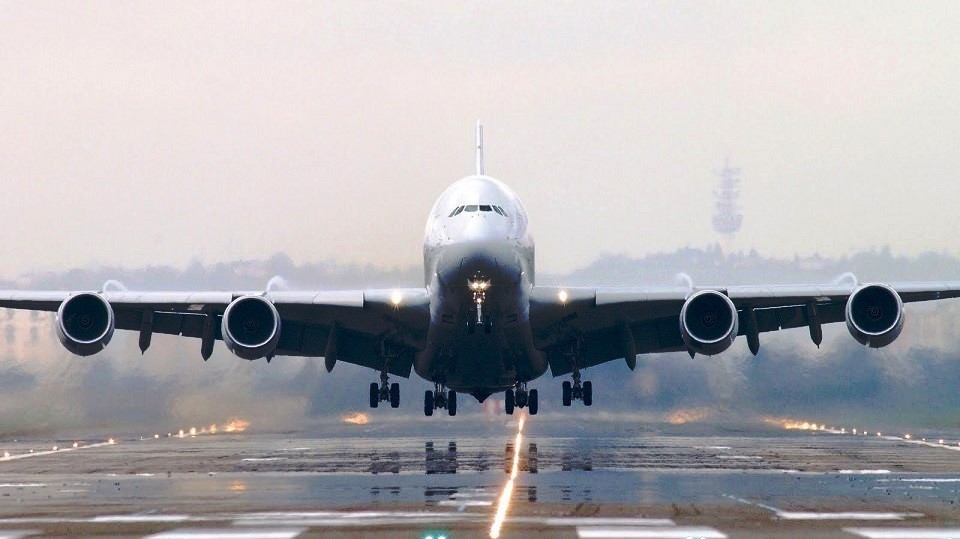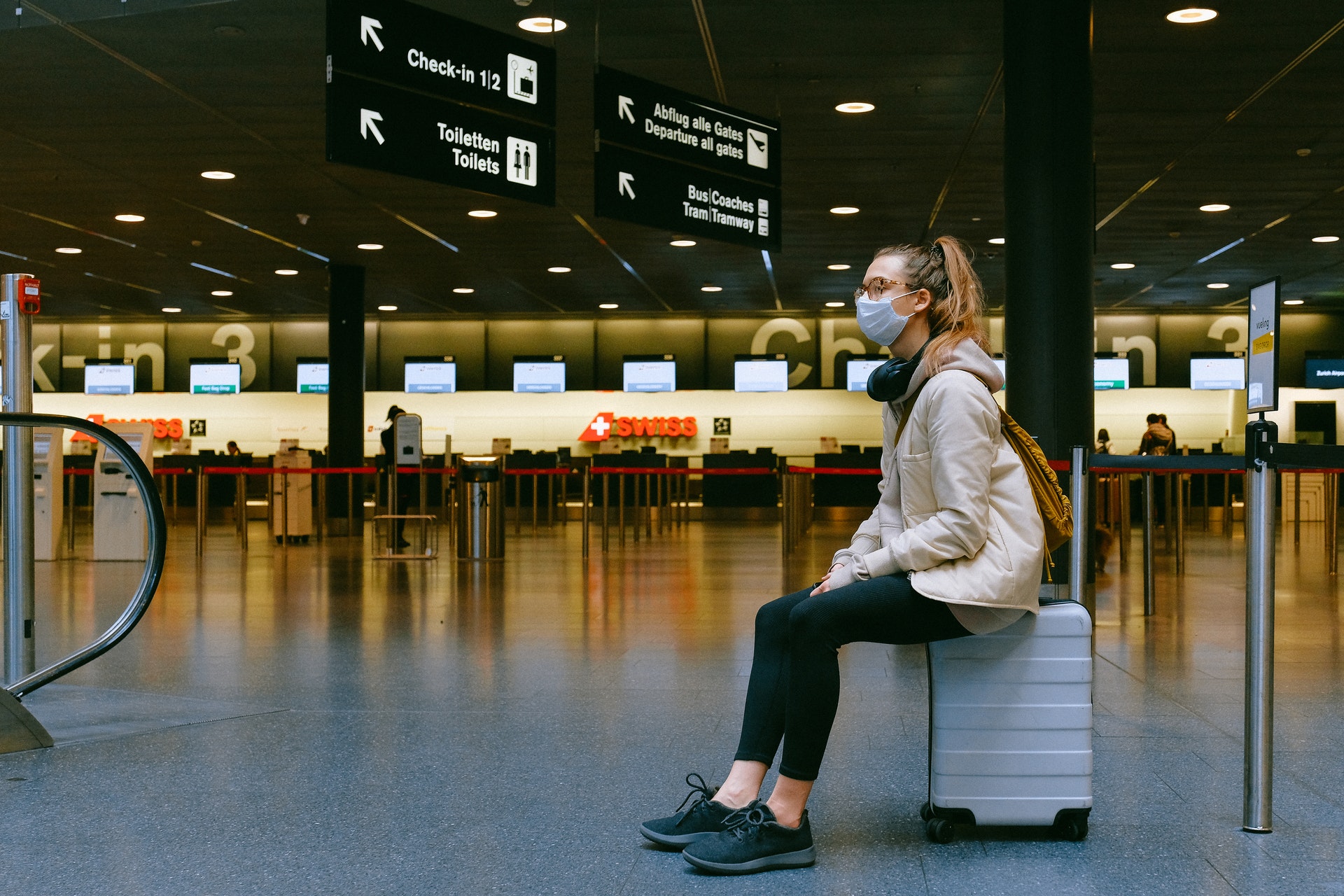In what is an extremely difficult financial context for all companies in the tourism industry, Air France asked the French government to help them by injecting some cash flow into the company. They received a positive answer which will see them benefit from a 7 billion euros loan. However, there will be an environmental counterpart, which will see the airline reduce metropolitan flights and rethink all its medium-haul routes.
French Government Negotiating Wisely
The French government was wise enough to use this dire situation in order to negotiate environmental clauses with Air France. In a country that doesn’t spare its effort to make it a greener economy, this is definitely good news on all front: This loan will insure the French airline’s survival; the government will (should) be reimbursed at some point in the future and the country will be cleaner thanks to less flights inside their territory. For more stories on France, check out this French news magazine.
How will it work?
If a TGV (high-speed train service) offers a service to its customers that link two French cities in less than two hours and a half, Air France will not have the right to fly between these two cities at the same time. In other words, as soon as there is a train alternative to flights, they will be favoured. The only reason such a flight will be allowed is if it serves as a transfer to a hub (at Roissy CDG or Orly).
Let’s take an example. The only passengers that could get on a flight from Bordeaux to Roissy CDG, at the same time when there is a TGV train running the same route, would be persons who would have a connection from Paris to New York, the Antilles or La Réunion. That would reduce the traffic to two flights per day from one every hour before the coronavirus halted the air traffic.In this deal, the French government is looking for the airline to reduce its CO2 emissions by 50% before the end of 2024, thanks to fewer metropolitan flights. Air France Hop! will either not be affected by these measures or it will simply disappear, since it is incompatible with the plan.
This Brings in New Possibilities… for the Competition
Although the concept is definitely a good idea to help the environment, it still begs the question: Why wouldn’t the competition jump in and replace Air France on these routes? There is no answer to this right now, which leaves us thinking that it will probably happen. Companies like EasyJet, Ryanair and Vueling will be jumping at the chance to take over their competitors’ routes (And why wouldn’t they?).
Add to this element the fact that all slots that will be given up by Air France at Orly Airport will go back to the pot and will need to be redistributed between the other airlines, and you are left wondering if this is a really good idea in the end. After all, if it doesn’t help to clean the air, it is only a new hurdle for the French airline. Guess we’ll have to wait and see how the story ends.




